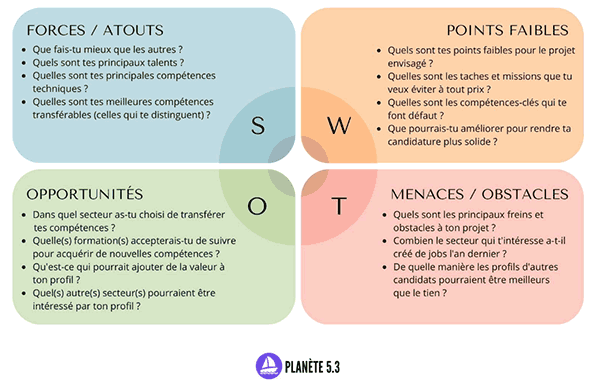We already knew that Google is often used as a self-diagnosis tool. Indeed, the search engine has already indicated that 5% of the 100 billion searches it processes each month relate to health issues. Previous studies have also found that 35% of American adults have searched the web to self-diagnose a health problem. However, this method is not reliable and increases the risk of inappropriate self-treatment and cyberchondria (fictitious diseases unearthed on the internet).
Researchers from Queensland University of Technology (Australia), and their colleagues from Vienna University of Technology, Austria compared the responses of two google search and Bing to assess their ability to properly respond to medical questions from Internet users.
A new syndrome: cyberchondria
The results of their research reveal that only three of the first ten results were really relevant for a self-diagnosis, and that half of the first ten results were of very little validity.
The researchers also point out that there are more pages on brain cancer than on the common cold, so “if you search for symptoms of a bad cold, you might end up thinking you have something much more. serious, like a problem with the brain”.
“Internet users then risk suffering from ‘cyberchondria’, which will generate new research and will only accentuate their concerns,” explains Dr. Guido Zuccon, professor of information systems.
“Search engines are truly effective when you know the exact name of the disease,” recalls Dr. Zuccon.
And you, do you ever go looking for online health advice ? What do you think of this practice? We talk on the forum.
Read also:
The medical translation trap on google
Google will become a medical encyclopedia
Online medical consultations tested by Google
















